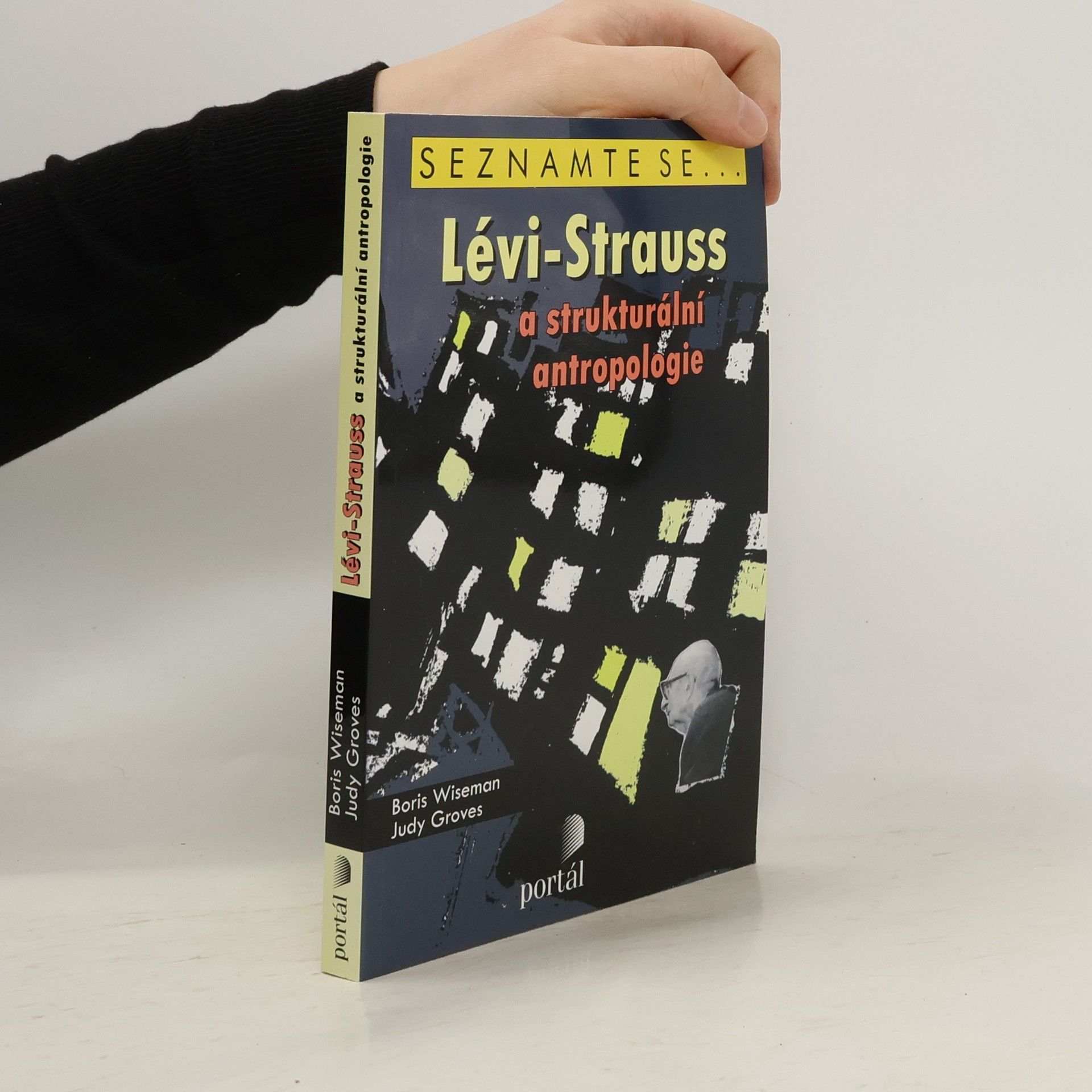Claude Lévi-Strauss is one of the major thinkers of the modern age. Regarded as a crucial figure in the development of structuralism, his writings are studied across a wide range of disciplines, including anthropology, philosophy and literary studies. The Cambridge Companion to Lévi-Strauss presents a major reassessment of his work and influence. The fifteen specially-commissioned essays in this volume engage with the controversies that have surrounded his ideas, and they probe the concealed influences and clichés that have obscured a true understanding of his work. The contributors are experts drawn from a number of fields, demonstrating the durability and importance of Lévi-Strauss's work in the academy. Written for students and researchers alike, these incisive, jargon-free essays will be essential reading for anybody who wishes to gain a deeper understanding of this important thinker.
Boris Wiseman Livres



Levi-Strauss, Anthropology, and Aesthetics
- 264pages
- 10 heures de lecture
Boris Wiseman's exploration of Claude Lévi-Strauss's aesthetic thought highlights its central role in his work and its relevance to modern aesthetic discussions. By analyzing the interplay between anthropological and aesthetic concepts, Wiseman illustrates how Lévi-Strauss's theories inform our understanding of Amerindian masks, body decoration, and mythology. He emphasizes the impact of Lévi-Strauss's analysis of 'untamed' thinking on art and aesthetic experience, ultimately connecting structural anthropology to ethnoaesthetics through a multidisciplinary lens.
Kniha zábavnou komiksovou formou představí klasika strukturalismu a strukturální antropologie. Krátce před druhou světovou válkou se Claude Lévi-Strauss seznámil s lingvistou ruského původu Romanem Jacobsenem a pod jeho vlivem přenesl strukturalistický pohled na jazykové systémy na studium společenských vztahů, jež se také vyjadřují jazykem a chápou často v opozicích (muž–žena, rodič–dítě). Protože za hlavní úkol antropologie pokládal studium nevědomých (neuvědomovaných) kulturních struktur různých společností jako protikladu ke strukturám přírodním, věnoval se zejména strukturám příbuzenství a roli zákazu incestu, strukturám mýtů a vyprávění a vůbec „myšlení přírodních národů“.